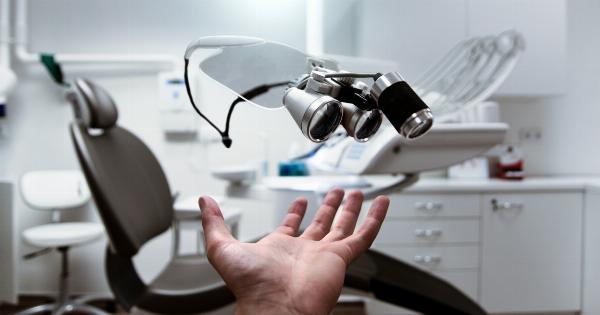Oral hygiene is a crucial aspect of overall health and well-being, and it has been understood and valued by various ancient civilizations throughout history.
While modern dental practices, tools, and technologies have significantly advanced, our ancestors were not oblivious to the importance of maintaining good oral hygiene. They devised their own methods and techniques to keep their teeth and gums healthy. In this article, we will explore how ancient civilizations, such as the Egyptians, Greeks, Romans, and Mayans, maintained oral hygiene.
Ancient Egypt
Ancient Egypt is well-known for its advanced medical knowledge, and oral hygiene was no exception. Archaeological findings have revealed evidence of dental care practices in ancient Egypt.
Egyptians used a variety of methods, such as brushing with a frayed twig, to clean their teeth. They also used a tooth powder made from ox hooves, myrrh, and burned eggshells to maintain oral hygiene. Additionally, Egyptians were known to use a form of toothpaste made from rock salt, mint, dried iris flowers, and pepper.
Ancient Greece
Ancient Greeks emphasized the importance of oral hygiene and actively engaged in dental care practices. They used a mixture of crushed bones, oyster shells, and powdered charcoal as toothpaste.
Additionally, Greeks would rinse their mouths with a mouthwash made from water mixed with mint leaves and salt. Greek physicians, such as Hippocrates, recognized the connection between oral health and overall well-being, further highlighting the importance of oral hygiene.
Ancient Rome
Similar to the Greeks, ancient Romans also prioritized oral hygiene. They used a variety of dental powders and pastes made from various ingredients, including bones, eggshells, oyster shells, and charcoal.
Romans also utilized mouthwashes made from substances like myrrh and wine vinegar. The practice of visiting a “gums specialist” or “tooth extractor” was prevalent in ancient Roman society, indicating the significance they placed on oral health.
Ancient Maya
The ancient Mayan civilization, known for its advanced knowledge of medicine, had its own ways of maintaining good oral hygiene. Mayans would use a mixture of herbs, including sage, to brush their teeth.
They also understood the vital role of diet in oral health and avoided consuming excessive amounts of sugary foods. Some archaeological discoveries even suggest that Mayans used dental fillings made of jade or other precious stones.
Common Practices and Tools
While each ancient civilization had its unique methods, several common practices and tools were used to maintain oral hygiene across various ancient cultures.
1. Chewing Sticks and Twigs
Chewing sticks and twigs were widely used in many ancient civilizations as an early form of toothbrush. These sticks were typically taken from trees with medicinal properties, such as the Salvadora persica tree.
Chewing on these sticks would fray the ends, creating a brush-like effect for cleaning the teeth.
2. Tooth Powders and Pastes
Ancient civilizations created tooth powders and pastes using a variety of natural ingredients. These substances were used to brush and clean the teeth.
Ingredients like herbs, spices, minerals, and even ground-up animal parts were commonly used to make these dental powders and pastes.
3. Mouthwashes and Rinses
Mouthwashes and rinses were a part of oral hygiene routines in ancient civilizations. These solutions were made using different ingredients, including herbs, plant extracts, and natural antiseptics.
Mouthwashes helped freshen breath, kill bacteria, and promote gum health.
4. Dental Probes and Scrapers
Various ancient civilizations used dental probes and scrapers made of different materials, such as bone or metal, to clean and inspect teeth and gums. These tools allowed them to remove debris, plaque, and tartar buildup, promoting oral hygiene.
5. Diet and Nutrition
Many ancient civilizations recognized the importance of diet in maintaining good oral hygiene. They understood that a healthy and balanced diet played a vital role in preventing dental issues.
Avoiding excessive sugar and incorporating nutritious foods helped keep teeth and gums healthy.
Conclusion
Ancient civilizations may not have had access to modern dentistry and oral health practices, but they understood the significance of maintaining good oral hygiene.
From using natural toothbrushes to creating tooth powders and pastes, they utilized various techniques and tools to care for their teeth and gums. Their knowledge and practices laid the foundation for the development of modern dental care. Learning from their wisdom reminds us of the long-standing importance of oral hygiene in human history.






























